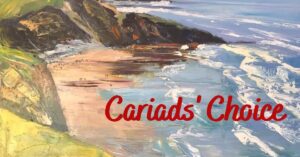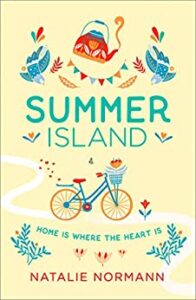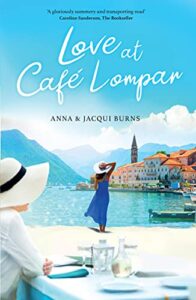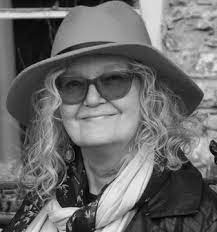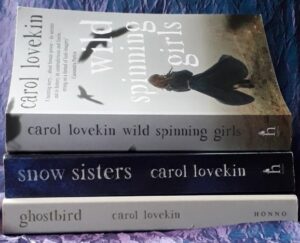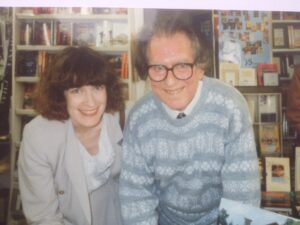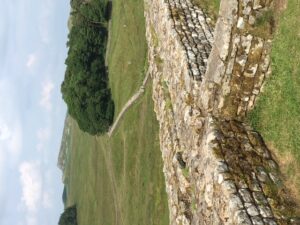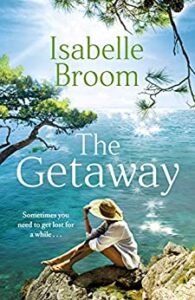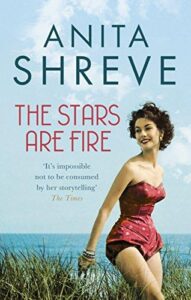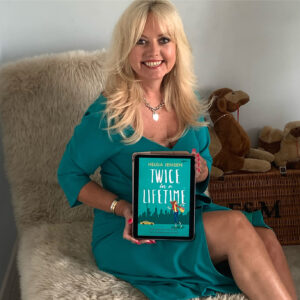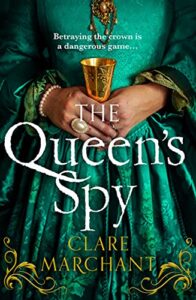Sometimes an idea for a book creeps into your heart and stays there. That was how The Olive Grove started for me, with a story told by our tour guide when we were on holiday in Croatia.
 We were on a small-boat cruise that began in Dubrovnik and after visiting the main islands off the Dalmatian coast and some interesting places on the mainland, ended up in Trogir. And when we were on board travelling there were talks we could listen to and to make our experience complete we wanted to lap up every one.
We were on a small-boat cruise that began in Dubrovnik and after visiting the main islands off the Dalmatian coast and some interesting places on the mainland, ended up in Trogir. And when we were on board travelling there were talks we could listen to and to make our experience complete we wanted to lap up every one.
The war in Yugoslavia was perhaps not a particularly enticing topic when the alternative was to sit on deck, watching the glistening sea ripple alongside the boat while soaking up some sun, but I remembered hearing about the war on the news at the time and was keen to know more. And then, somewhere between the dates, whys and wherefores, our guide Darko began to tell an incredible story. His own.
I suppose I had assumed Darko was Croatian, but he is in fact Bosnian and grew up in Mostar, one of the towns that was to be worst hit by the fighting. His father was a soldier in the Yugoslav army, but when everything fractured and splintered he followed his ethnicity and joined the Croatian side, having to leave his Serbian wife (and Serbia was now the enemy) at home with their sons.
I will never forget the silence in the room at the horror of what we were told. No electricity, no water, bombs raining down, queuing for food at the community organisation – life as we would all recognise it wiped out over the course of a few days in a war that would last for years. Darko’s life moved underground to the shelters, because they were the only safe place. And he was one of the lucky ones, because living in the army housing meant the shelters were purpose-built, deep and strong.
There were moments to awful to contemplate. Darko’s mother actually disappeared, as many people did during ethnic cleansing, but he was one of the few lucky ones because she actually came back. But there were moments of light too; finding a food parcel dropped by the UN and hoping it was one with chocolate inside.
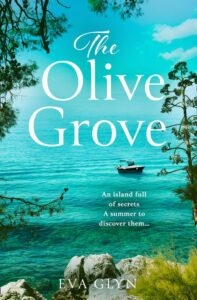 These incidents and more form the kernel of The Olive Grove, but viewed through the prism of time by my proud Croatian character Damir. Orphaned during the war he was brought up by his aunt on the beautiful island of Korcula (which we visited during our trip); brought up to forget everything about his life before he came to the island. But when she dies, the past creeps back to find him.
These incidents and more form the kernel of The Olive Grove, but viewed through the prism of time by my proud Croatian character Damir. Orphaned during the war he was brought up by his aunt on the beautiful island of Korcula (which we visited during our trip); brought up to forget everything about his life before he came to the island. But when she dies, the past creeps back to find him.
While Darko wears his wartime past with relative ease (which is often the case when everyone around the child is having the same experiences, when the awfulness becomes a sort of normal), fictional Damir no longer can. And help comes from a surprising quarter. A middle aged English woman called Antonia who feels she has messed up her life so badly she takes a job on the island to take stock and to heal.
And that’s what The Olive Grove is really about. It’s about healing and friendship. Like Darko’s childhood memories there is sunshine and shade. And unlike them there is the most incredibly beautiful setting.
With Darko’s help over countless Zoom meetings during lockdown I have been able to create authentic Croatian characters and culture, so as well as the initial inspiration, there are many other reasons why The Olive Grove could not have been written without him. And what’s even better, we have become friends across the miles too.

